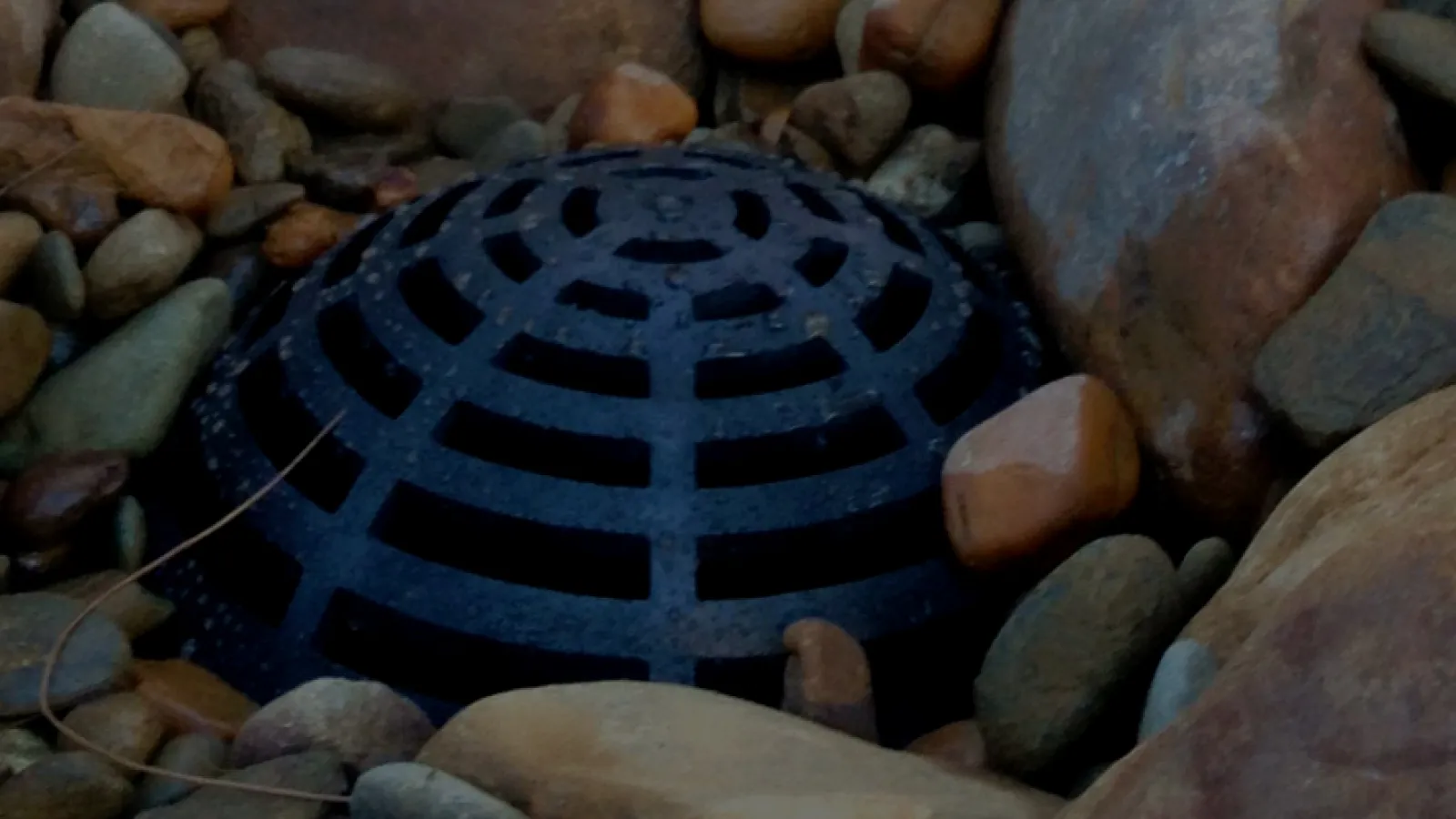Mold—the mere word sends shivers down the spine! Yuck! Mold in your home can be even more chilling because it can hide behind walls and in insulation. Residential mold can cause health problems due to the mold spores it produces. It can cause allergy-like symptoms or even trigger asthma attacks.
If you’ve ever experienced mold in your home, perhaps following a storm, flood, or leaking pipe, you might know how challenging it can be to eradicate it. The best way to deal with mold? Avoid it! Here are three strategies to help you shield your home from mold.
Prevent Water from Getting In
The first step in mold prevention must be the management of water. Keep water away from the home through proper maintenance of your home’s structure and exterior. That includes your roof, gutters, and any other drainage systems.
First and foremost, homeowners need to maintain the roof and gutters on the home. The older these structures get, the more likely they are to cause problems, including leaks and overflowing gutters.
As a longtime roof and gutter cleaning company, Advanced Pressure & Gutter Cleaning offers the capability of visually inspecting the age and wear on roofs and gutters. When we go up on a roof to clean the off-surface grime and clean out the gutters, we will take a look and let you know what we see happening. Here are a few signs you’re due for new gutters.
Of course, we’ll make sure your gutters are free of debris and able to channel the water off of your roof and away from your home. Remember, gutters serve an important purpose.
Other tips to help prevent water from getting into your home:
- Ensure a gradual slope away from the house. This will help you avoid drainage issues that are common around Georgia homes.
- Keep trees trimmed so they don’t rest on, rub on or damage your home. This includes pine trees as well as deciduous trees. Pine needles can get through some gutter guards or sit on top of them, rendering them useless.
- Check the weather stripping on windows and doors. Tightly sealed openings will help in case of heavy rain and winds.
Control Indoor Moisture and Humidity
Cleaning your home, improving airflow, and decreasing humidity all serve to reduce the chances of mold forming inside your home.
First, make sure you have bathroom vent fans in all of your bathrooms, especially ones containing showers. Showers put a lot of water particles and steam into the air, so it is important to do everything you can to keep that moisture from hanging around. Run the fan for about 15 minutes after every shower or bath. In addition, check that the fans vent outside of your attic because the humidity can get trapped in your attic, which can fuel the formation of mold in your attic. Do the same in the kitchen, using the vent hood fan to remove cooking smells, grease particles, and humidity from inside your home.
Airflow and low humidity help prevent mold while improving air quality. Homes in Georgia benefit from having air conditioning, which greatly reduces the humidity of the air in homes and businesses. To maintain proper control of the condition of the air, be sure to have your air conditioner checked and regularly maintained. Many heating and air conditioning systems include a whole house fan option. This increases airflow and can be an energy-efficient way to help people feel more comfortable without running the air conditioning.
Air conditioning can also help reduce condensation inside the home. If you have windows that get condensation on them, it may be time to get your air conditioning and furnace checked out. Another place where condensation can form is on water pipes. If you see condensation on pipes in your home, insulating those pipes could prevent it. It’s also a cost-effective DIY project most homeowners can tackle on their own.
Seek & Destroy Water Leaks
One of the main ways you can protect your home from mold is by finding and eliminating water leaks. Obviously, you need to clean up any leaks or spills that you find, but you should also see if you can determine the cause of the leak. Any leaks should be repaired ASAP! Look for stains that indicate water leaks and watch for wet areas near pipes, behind appliances, and under sinks.
Your roof, doors, and windows should also seal your home against water leaks. If you notice leakage on the ceiling, under a door, or near windows after a storm, you could have a potential way for water to get in. If you can’t identify where and how the leak is happening, have your home inspected by a professional home inspector or a roofing company that specializes in finding and repairing roof leaks.
Remember Advanced Pressure & Gutter Cleaning for taking care of your gutters and roof and for maintaining clean, mold, moss, and mildew-free roofs, homes, walkways, and driveways. Contact us for a free quote for any of our services, from gutter or roof cleaning and repair to washing your deck, patio, roof, and home.
For further details on mold and its remediation, the EPA offers A Brief Guide to Mold, Moisture, and Your Home.





